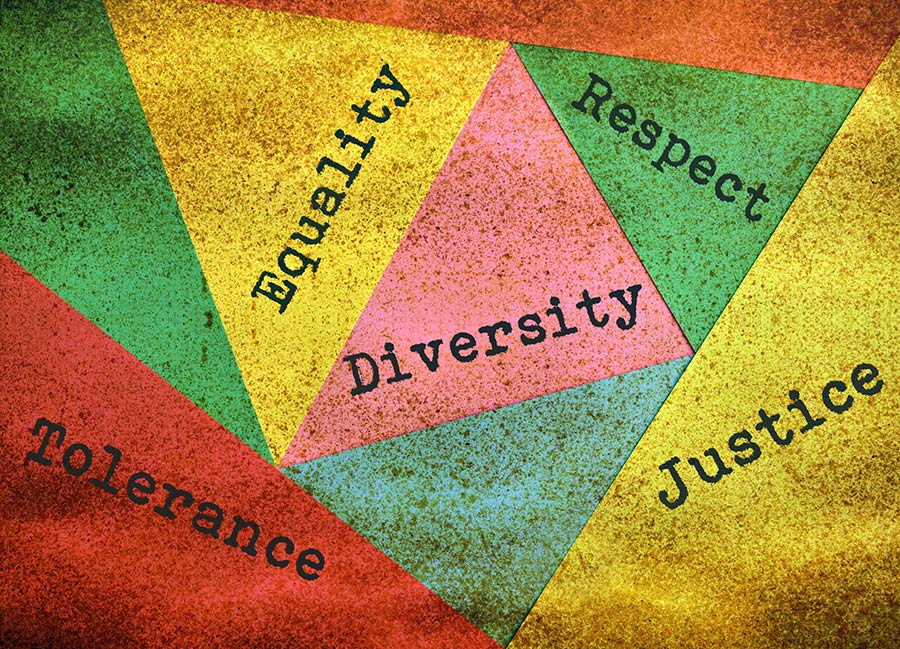A May 2023 report from the Antidefamation League found that antisemitic harassment, vandalism and assault in California rose by almost 40 percent between 2021 and 2022. Those numbers include the largest number of incidents ever recorded in Los Angeles County and three times the largest number of previous incidents in San Bernardino and Kern counties.
Members of the Jewish Legislative Caucus opened the discussion, citing the role of education as key in the fight against antisemitism and all hate and bigotry. “We are at significant risk of seeing continued antisemitism in our public education system if we don’t take clear and tangible steps to nip it in the bud,” said. Sen. Scott Weiner (D-San Francisco).

Assemblymember Laura Friedman (D-Burbank) cited the importance of identifying the different forms that antisemitism can take. “The discussions around the ethnic studies original curriculum … gave our caucus a chance to use that as a teachable moment with many of our colleagues,” she said. “My experience is that there’s not always a lot of awareness as to what antisemitism looks like, or about the historic narratives that are used against Jews — for instance, Jews as colonizers, Jews as oppressors — and the way that genuine discussions about political issues can tip over into that kind of antisemitism and demonization.”
Friedman shared her own personal story of the horrors her family faced as Jews in Poland during the Holocaust. The majority of her family, including her two siblings, were killed before her father fled to America, where she was born. “What did that teach me? It taught me the importance of building a society that values all its members and that protects and takes care of all its members. When we see the kind of antisemitism that we’re seeing right now, we know that it’s a sign of deterioration of our society — and that affects all of us.”
“It’s extremely important we learn to identify the forms that antisemitism takes,” Friedman said. “The kind of dynamic we’re concerned about seeing now — going from ‘different’ to discriminated against to being delegitimized and dehumanized — it can ultimately result in death. That’s why it is so important to be taking action now.”
Rabbi May discussed the many cultural, religious and community aspects of Judaism, and emphasized the importance of Holocaust education. “You can understand from the Holocaust how deviant society can get; how absurd; how obscene. You have to know how it can go in order not to go there,” he said.
May spoke about empowering students and giving them specific tools to fight antisemitism and other forms of hate. He referenced the Combat Hate Action Plan, which provides specific actions and strategies for students and teachers. Teacher preparation is another area of concern to May, who has fielded outlandish questions from teachers visiting the Museum of Tolerance.
One step toward this more thorough teacher preparation is the state-funded California Teachers Collaborative for Holocaust and Genocide Education, a statewide network that unites the state’s leading institutions for Holocaust and genocide education with community leaders from ethnic groups across the state. By 2027, the collaborative aims to train 8,500 teachers through professional development workshops and institutes and create new, standards-aligned lessons on the Holocaust and genocide for students in grades 6-12. The collaborative is also working in close partnership with the Governor’s Council for Holocaust and Genocide Education in a statewide effort to elevate such education for the benefit of all of California’s children and our society as a whole.
A full recording of the webinar can be viewed on the CDE Facebook page.
- The U.S. National Strategy to Counter Antisemitism: bit.ly/3YW1i24
- Museum of Tolerance: www.museumoftolerance.com
- Combat Hate Action Plan: bit.ly/3Lxu0B4